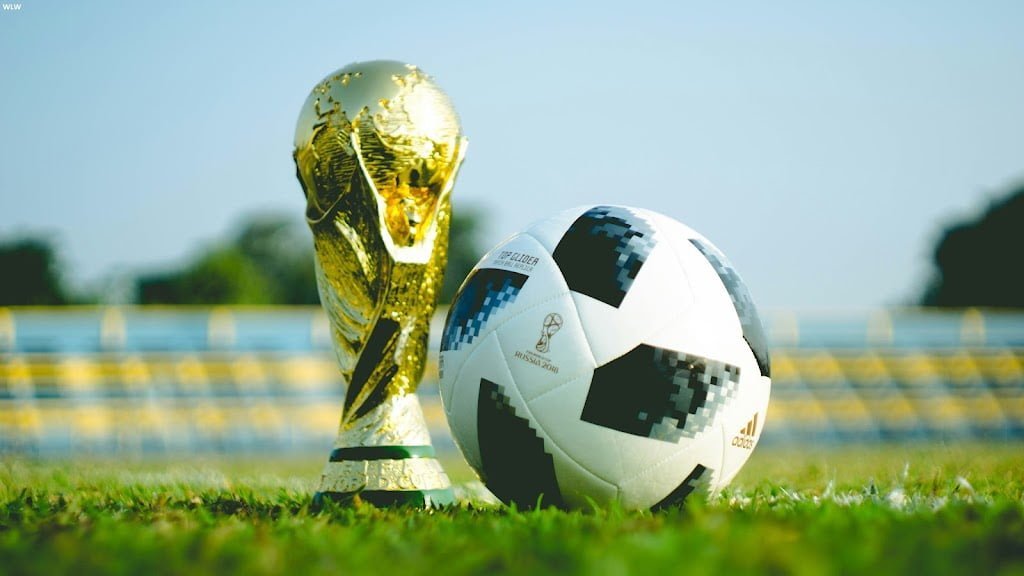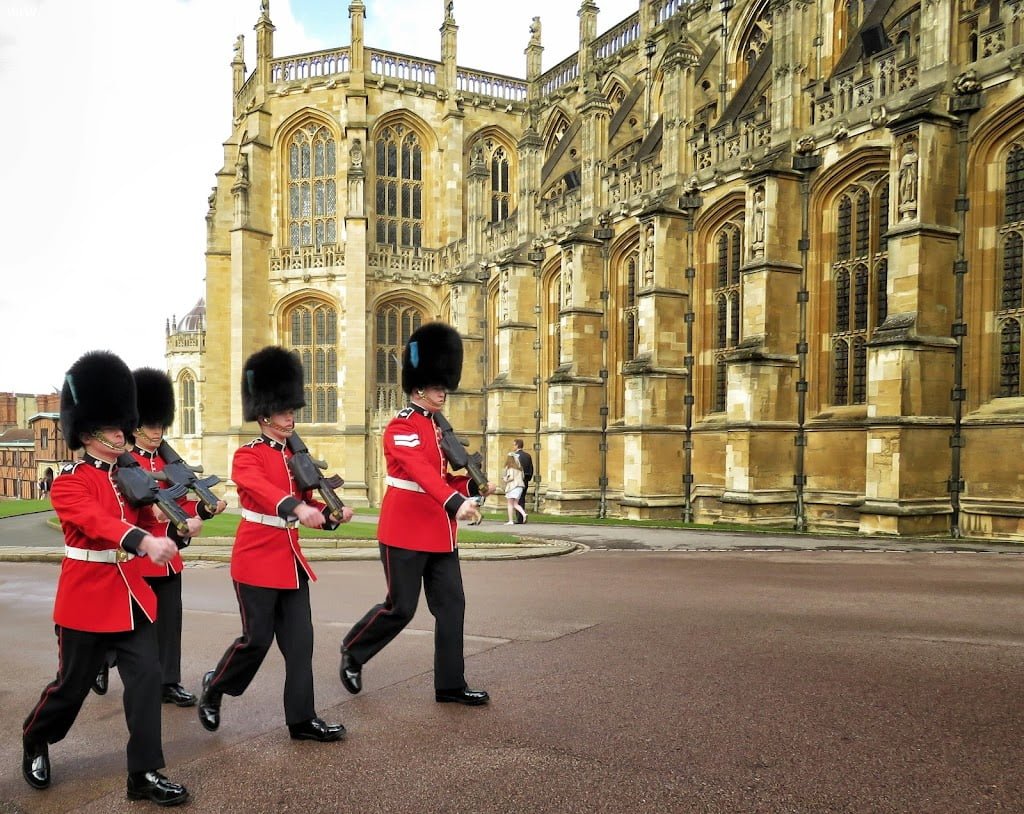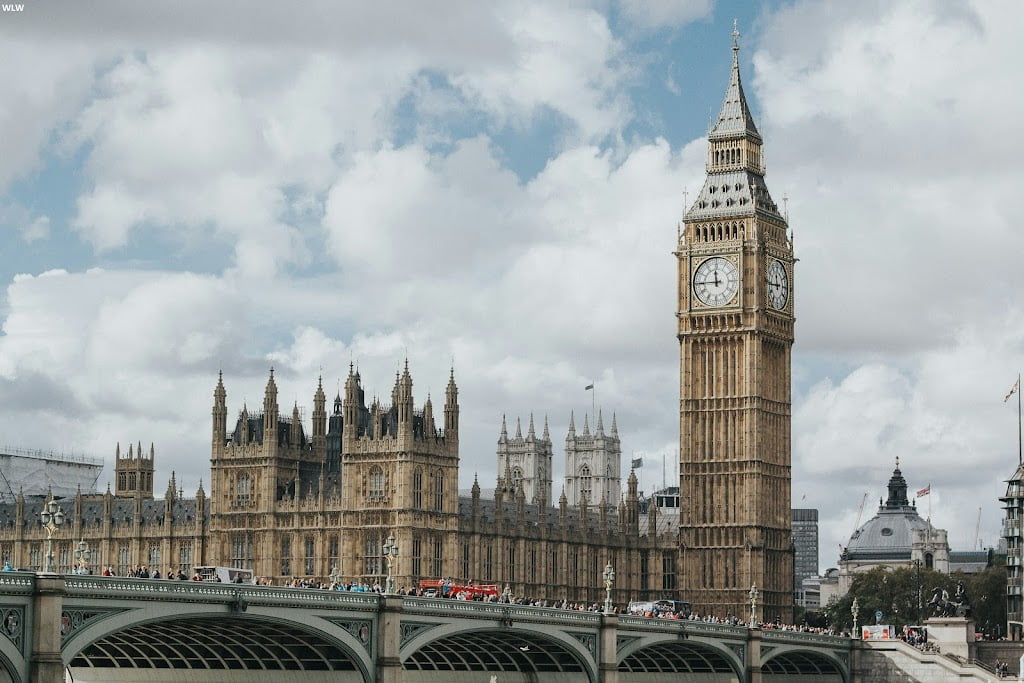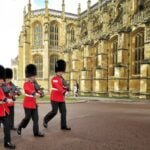By becoming a member of our site, you can add the content you like to your favorites, and present the content you have produced or liked on the internet to our site visitors with the send content option.
Zaten bir üyeliğiniz mevcut mu ? Giriş yapın
By becoming a member of our site, you can add the content you like to your favorites, and present the content you have produced or liked on the internet to our site visitors with the send content option.
You Can Benefit from All Options Exclusive to Our Members by Registering

Next Content:
FIFA: A Journey Through Time
The British Royal Family: A Fascinating Chronicle

The British Royal Family stands as one of the most enduring and iconic institutions in the world, embodying tradition, history, and pageantry. From its ancient roots to its modern-day prominence, the royal family has captured the imagination of people across the globe. In this comprehensive exploration, we delve into the rich tapestry of the British monarchy, tracing its origins, evolution, and enduring legacy.
Origins and Early History
The origins of the British monarchy can be traced back over a thousand years to the early medieval period. The establishment of the monarchy as we know it today began with the Norman Conquest of England in 1066, when William the Conqueror ascended to the throne and laid the foundations for the Norman dynasty. Over the centuries, the monarchy evolved, with successive monarchs shaping the destiny of the nation and leaving their mark on history.
Key Moments and Milestones
Throughout its long history, the British monarchy has been marked by a series of key moments and milestones. From the signing of the Magna Carta in 1215 to the English Civil War in the 17th century and the Glorious Revolution of 1688, the monarchy has weathered political upheaval, social change, and dynastic struggles. The reigns of iconic monarchs such as Queen Victoria, King Henry VIII, and Queen Elizabeth I have left an indelible imprint on British culture and identity.
Modern Monarchy
In the modern era, the British monarchy has adapted to the challenges and opportunities of the 21st century while remaining true to its core values and traditions. Queen Elizabeth II, the longest-reigning monarch in British history, has presided over a period of remarkable change, including the dissolution of the British Empire, the rise of the Commonwealth, and the advent of the digital age. Today, the royal family continues to play a central role in British society, representing the nation at home and abroad and serving as symbols of continuity and stability.
Royal Traditions and Ceremonies
Central to the identity of the British monarchy are its rich traditions and ceremonies, which have been passed down through generations. From the annual Trooping the Colour ceremony to the State Opening of Parliament, royal weddings, and christenings, these rituals serve to connect the monarchy with its past and reinforce its role as a unifying force in British life. The royal family’s official residences, including Buckingham Palace, Windsor Castle, and Balmoral Castle, are steeped in history and serve as iconic symbols of the monarchy’s enduring presence.
Global Impact and Influence
Beyond the shores of the United Kingdom, the British monarchy has exerted a profound influence on the world stage. The Commonwealth of Nations, comprising 54 member states and over two billion people, is a testament to the enduring legacy of the British Empire and the bonds of kinship and friendship that unite its members. The royal family’s role as global ambassadors for the United Kingdom has helped to foster diplomatic relations, promote cultural exchange, and advance humanitarian causes around the world.
In conclusion, the British Royal Family remains an integral part of the fabric of British society and a source of fascination for people around the world. With its rich history, enduring traditions, and steadfast commitment to service, the monarchy continues to inspire and captivate successive generations, ensuring its place as a cherished institution for centuries to come.
We offer our respects and wish you a good reading. – Who Learns What? Team
- On-Site Comments




















